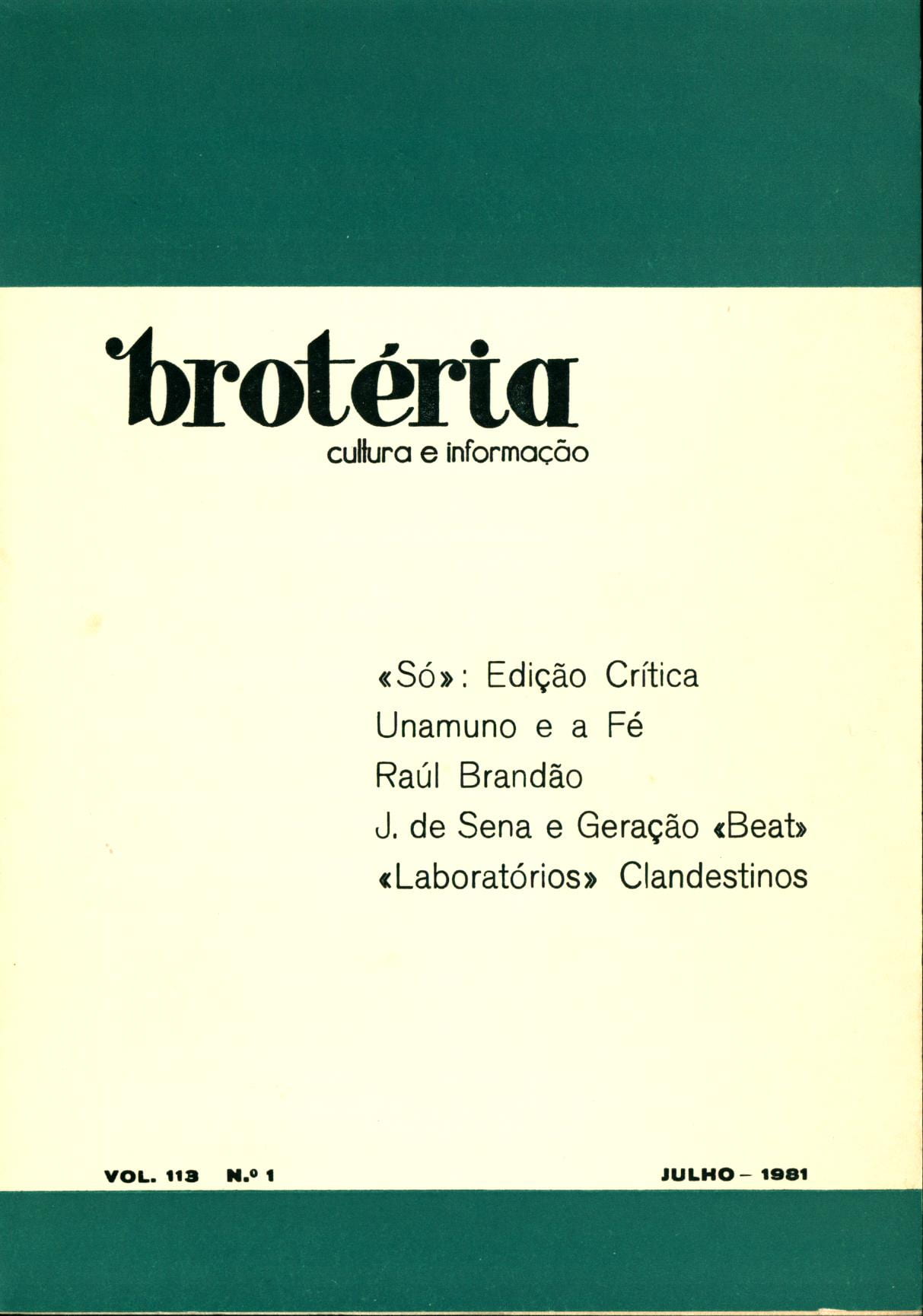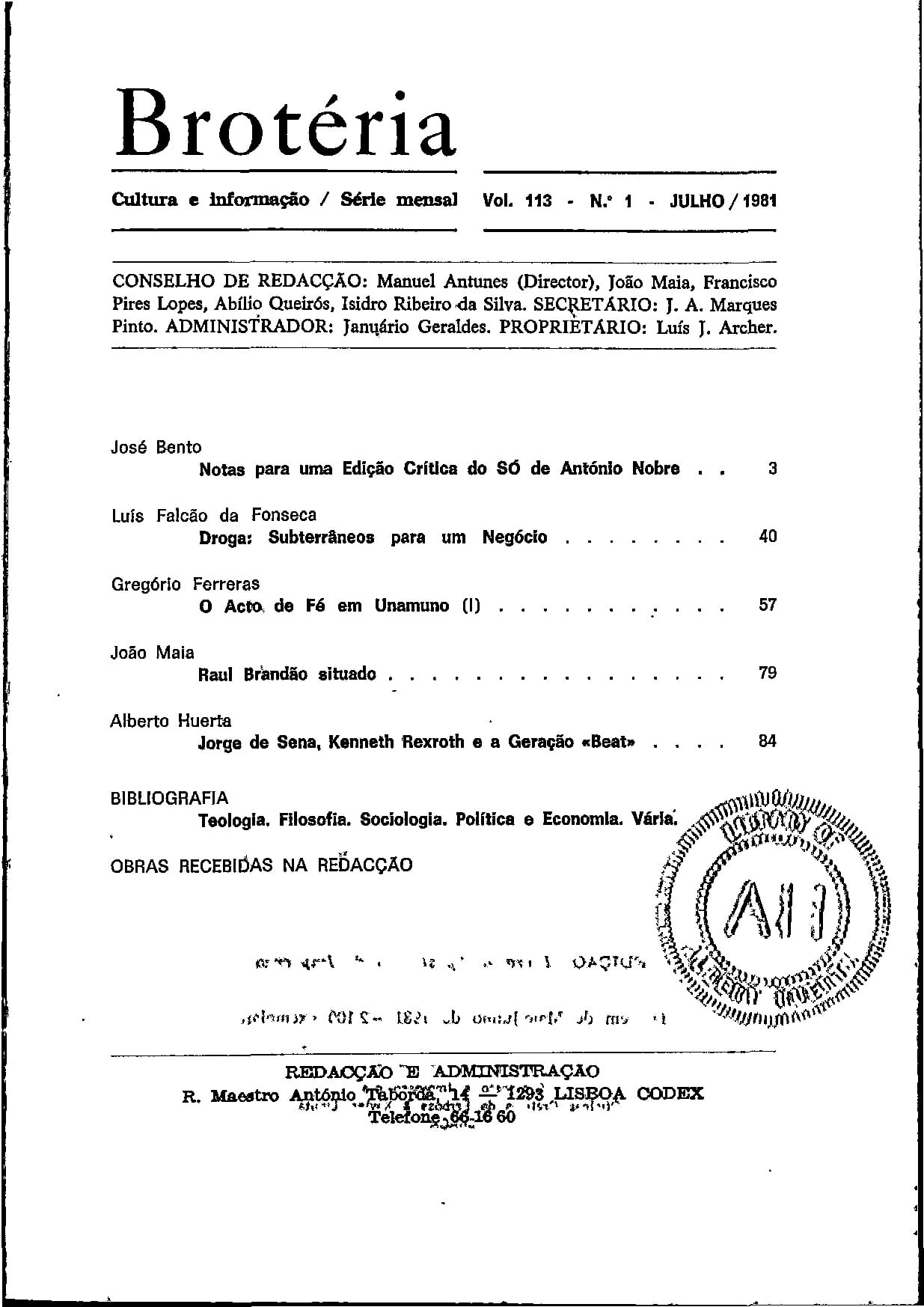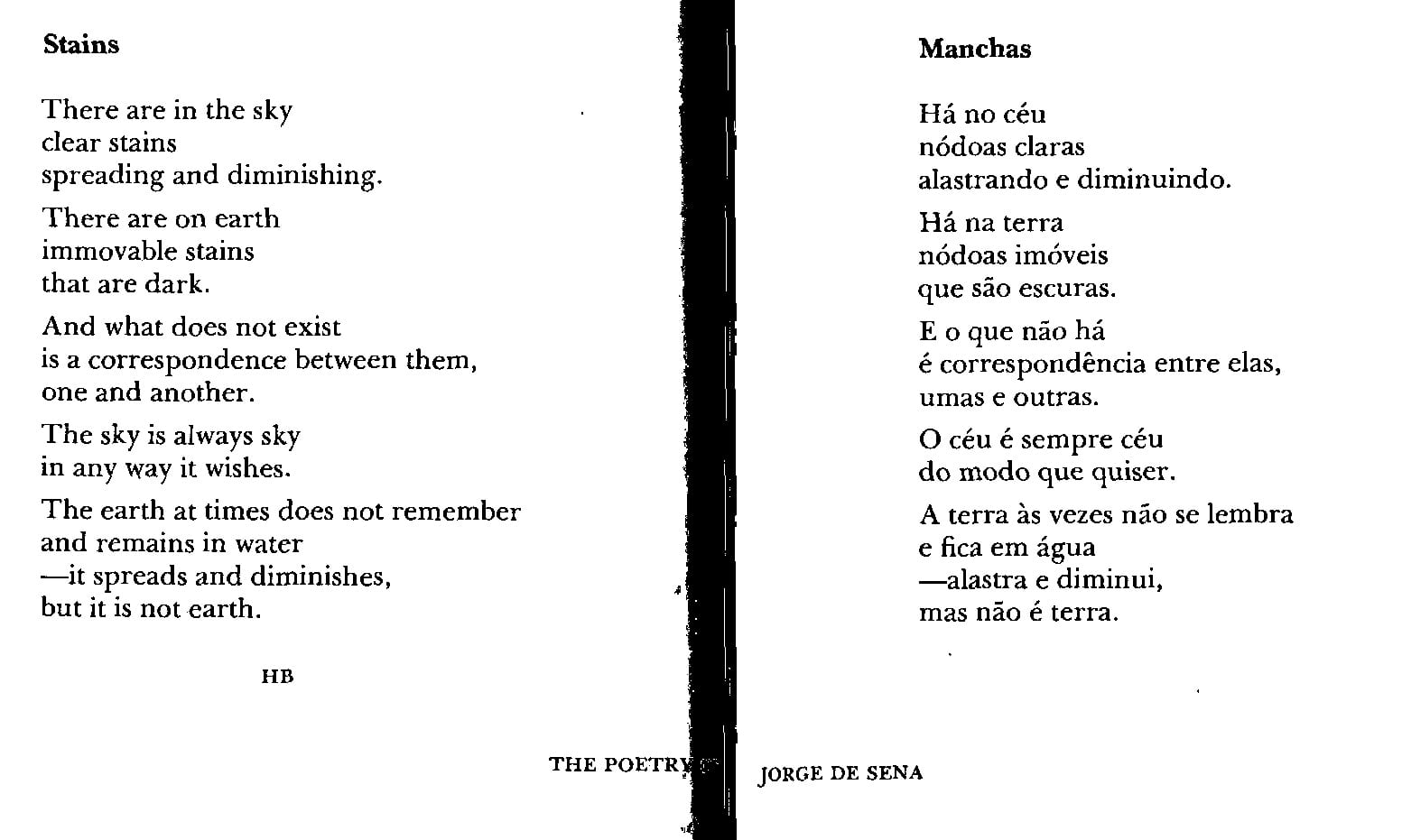When I first began working at Gleeson every other year or so at least a few students would stop by the former Periodicals Desk on the second floor looking for material from the 1950s and 1960s relating to poet Allen Ginsberg and/or other Beat Generation material. The Beats were countercultural literary mavericks who broke onto the national scene not long after Ginsberg first publicly read his poem “Howl” in 1955 at the long gone Six Gallery on Fillmore St. here in San Francisco.
Familiar with Ginsberg and the Beats I was curious about the class which was directing them over to Gleeson to dive into our microfilm holdings of newspapers in search of primary source material. I learned that it was Professor Albert Huerta’s class which was dedicated to introducing students to local San Francisco literary history.
Huerta passed away a few years after I first became aware of his class. I never met him but I know quite a few local personalities from the poetry crowd who did and attended gatherings at his book strewn apartment near Alamo Square. From former Board of Supervisor and attorney Matt Gonzalez to poet Neeli Cherkovski, biographer and friend to the novelist Charles Bukowski along with San Francisco Beat poets such as Gregory Corso, Philip Lamantia, and Bob Kaufman, Huerta reached out to the ongoing political and social literary circles of the city.
After Huerta’s death, much of his personal library was donated to Gleeson and is slowly being absorbed into our collection. All of the individual books have book plates noting that they belonged to Huerta. Many of the poetry books have been personally inscribed to him by the author. These include North Beach’s own Jack Hirschman’s terrific, massive, and ongoing, The Arcanes and my pal Cedar Sigo’s first book of poems Selected Writings.
In addition, my fellow co-worker at Gleeson, Kelci, took Huerta’s class herself as a USF undergraduate and remembers it fondly. As does Andrew who now works for USF’s ITS department and Connor likewise employed by USF down at the School of Education. No doubt there’s dozens of alumni whose educational lives were impacted by Huerta.
Just a couple weeks ago the USF community suffered the loss of our University Archivist, Michael Kotlager, S.J. Father Kotlanger was a delightful member of Gleeson’s team. In the aftermath of losing him some loose ends of work he had yet to tackle down in the University Archives must now be sorted out and straightened up.
As part of this project some issues of the Portuguese literary magazine Brotéria dating from 1977-1981 came across my desk for evaluation. While Gleeson does have this title shelved in Periodicals our holdings stop with 1975. These loose issues are not appropriate to add to our collection as they are not complete volume sets. However upon examining the issues I did notice they came from Huerta’s library with his personal seal stamped upon the table of contents page. Each issue also contains an article written by Huerta, such as “Jorge de Sena, Kenneth Rexroth e a Geração ‹‹Beat››”[Jorge de Sena, Kenneth Rexroth & the Beat Generation] from the July 1981 issue.
I recognize poet Kenneth Rexroth as one of the Beat Generation’s grand-daddies. He handled the introductions the night of the Six Gallery reading and I’ve always felt his poem written memorializing Dylan Thomas “Thou Shall Not Kill” in fact served as vital inspiration for Ginsberg’s own “Howl.” It’s worth listening to each for comparison: here’s Rexroth. Here’s Ginsberg. Gleeson also has a recording of Ginsberg reading several poems, including “Howl.” While we’re on Ginsberg, this is an excellent interview with him available via Gleeson’s subscription to the Kanopy streaming videos database. Huerta himself got in the long poem game, composing his own “Grito Mejicano,” or “Mexican Howl.” For years Gleeson held only a single copy in the Rare Book Room yet we recently acquired a second circulating copy.
While Rexroth is a known figure to me I had only the faintest hint of awareness for Jorge de Sena. As it turns out Huerta appears to have known de Sena, who I believe taught for a number of years down at U.C. Santa Barbara (as did Rexroth late in life), most of Huerta’s articles published in Brotéria are about de Sena. Curious to read some of de Sena’s poetry I performed an author search in our library catalog Ignacio and turned up a bilingual selection of his poems. After reading the short Foreword written by his wife Mécia, I opened up to the first pages of his work and was immediately struck by his poem “Manchas.”
While I think this English version by Helen Berreto is just fine as far as it goes, I felt somehow stirred to attempt my own version. So I gave it a try using Google Translator (I know no Spanish, let alone Portuguese) along with Gleeson’s online access to the Oxford English Dictionary and its handy historical Thesaurus option.
SMUDGES
for Albert Huerta, S.J. & Michael Kotlager, S.J.
after Jorge de Sena’s “Manchas”
In sky above
sheeny smudges
come & go.
Here on earth
sheeny haunts
remain dark.
& nothing is
that which plays between,
one or the other.
Sky is always sky
however wishes look.
Earth often fails remember
& stays in water
—comes & goes,
but is not earth.
I dedicate the poem to the memory of both Huerta and Father Kotlanger as the loose issues of Brotéria no doubt came to be in the University Archives as a result of the friendship between these two Jesuit brothers. I emailed the poem out to some friends shortly after I wrote it. Neeli Cherkovski responded with some fond memories. Huerta blessed the home he shares in Bernal Heights with his partner Jessie and he recalled dining at USF’s Jesuit residence with poet and City Lights Books founder Lawrence Ferlinghetti as guests of Huerta. I like to think Father Kotlanger took part in that dinner as well.




I love how this post interweaves poetry, collections, and the personal impact of the colleagues surrounding us at USF. Father Huerta exposed his students to many great social opportunities with the poets of San Francisco, and was so warm and generous with his time and home. I take solace in knowing many of his books have been absorbed into Gleeson’s collections.
Wow. Your article is the news to me that he has passed away. I met him on September 11, 2001, when I was wandering San Francisco, leaving fresh poetry everywhere I finished a poem, that day. Thirteen poems, equalling twenty six pages… some one page… others three… some two… We became friends, then. I was struggling as a poet, having given up my profession as a Paramedic in Oakland to take the same concept to a higher level of prevention… attempting to infuse all I have learned into messages that inspire humanity and encourage that proverbial mile’s walk in another’s shoes. I was homeless, at the time, trading material comfort for the time it takes to explore, understand, and craft words that permeate the membranes of the hardened heart. I am saddened by this discovery. Thank you for this article. RIP, Brother Poet.
I went on the website and typed in my dear brother Fr.Michael J.Kotlanger SJ…tomorrow would be his 72nd Birthday and his 40th year as a Jesuit….I was happily surprised to read the nice comments regarding Fr Huerta and Fr Michael Kotlanger…thank you for this !!!
Happy belated birthday, Father K! 🙂 I’m so glad to have known your brother, Patricia.
Wonderful homage to two extraordinary educators/scholars.
Fr. Huerta also was part of UCSB summer sessions distinguished faculty teaching in Queretaro Mexico in the late 90s and early 2000s. He received his Ph’d from UCSB. He would have been 75 on December 5, 2018.
Peace and Love, Raymond Huerta
Wonderful homage to two wonderful scholars. Fr. Huerta was also part of a University of California, Santa Bárbara (UCSB)faculty team teaching in the summer session program in Querétaro, Mexico in the late 90s and early 2000s. He would have been 75 on December 5, 2018.
Peace, Raymond Huerta